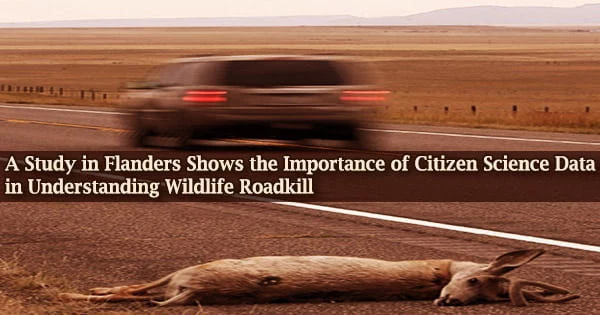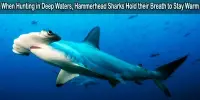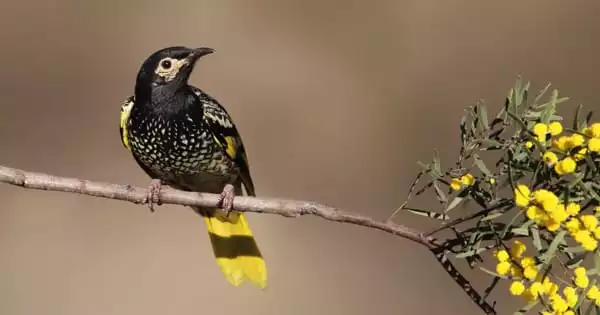The road is a risky site for animals since they can easily be run over, which can have long-term consequences for wildlife diversity and populations. There is also a human economic cost, as well as the risk of injury or death, when colliding with heavier animals or attempting to avoid them on the road.
Understanding when, where, and how many animals are run over on the road is the first step toward making roadways safer for both animals and people. This knowledge can be used to help safeguard individual species by employing warning signs, restricting animal access to roadways, building overpasses and underpasses, or blocking roads.
Other patterns, such as population dynamics, species distribution, and animal behavior, can be tracked using wildlife roadkill data. Obtaining this type of data is no longer a chore reserved for scientists, thanks to citizen science platforms.
There are now dozens of free, simple-to-use online tools where anybody can report animal collisions or roadkill, helping to build a more complete picture that can be used to inform policy decisions.
The Flemish Animals under Wheels initiative is one such project, where participants may document roadkill they see by adding date, time, and geolocation online or through apps. The data is housed at Waarnemingen.be, the Flemish version of the international platform Observation.org, an online biodiversity database.
Between 2008 and 2020, the study collected about 90,000 roadkill records from over 4,000 citizen scientists in Flanders, Belgium.
Citizen scientists are a very valuable asset in investigating wildlife roadkill. Without your contributions, roadkill in Flanders would be a black box.
Roadkill recording is only a minor component of their multi-purpose platform’s nature recording activities, which also includes the registration of living species. This is most likely why the volunteers have stayed with the project for over six years.
With assistance from the Department of Environmental and Spatial Development, researchers from Natuurpunt Studie, the scientific institute associated to Flanders’ largest Nature NGO, set out to study over ten years of roadkill records in the region, utilizing data contributed by citizen scientists.
They focused their study, which was published in the peer-reviewed journal Nature Conservation, on 17 significant animal species and their fate on Flanders’ roadways. The researchers looked at data from 145,000 kilometers of monitored transects, finding 1,726 mammal and 2,041 avian casualties.
However, over 60,000 bird and mammal roadkill records were acquired opportunistically, with larger or more “enigmatic” species benefiting from opportunistic data sampling. The most common mammal roadkill victims were hedgehogs, red foxes, and red squirrels.
The study discovered that, despite enhanced search efforts, roadkill incidents in Flanders had decreased over the last decade. This could be due to successful road collision prevention measures like fence, crossing structures, or animal detecting systems.
On the other hand, it might be a warning of dwindling populations among the species most vulnerable to automobile collisions. More investigation is required to determine the specific cause.
The European polecat’s roadkill records have decreased significantly over the previous 11 years, while seven species, including roe deer and wild boar, have seen an increase in documented cases.
For certain species, the COVID-19 pandemic appears to have had a significant impact on roadkill patterns. Following restrictions on movement, there were presumably fewer casualties and a reduction in the search effort.
Year following year, the number of fresh observations reported to Waarnemingen.be grows, with estimates for 2021 putting the total at 9 million. Nonetheless, the scientists caution that the data they have gathered “is only the tip of the iceberg.”
“Citizen scientists are a very valuable asset in investigating wildlife roadkill,” the researchers conclude. “Without your contributions, roadkill in Flanders would be a black box.”
















